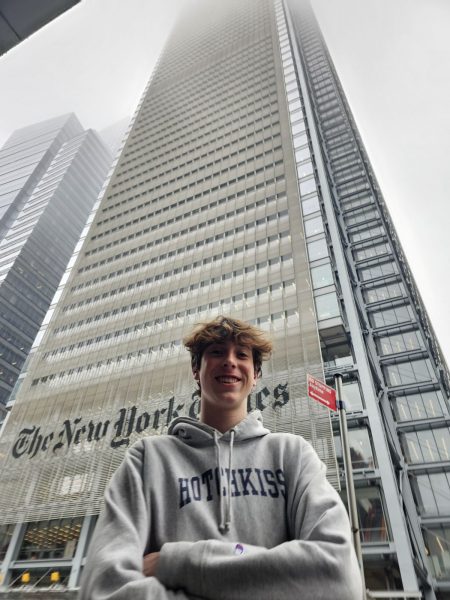
The McKenny Vento Homeless Program at Seattle Public Schools aims to support homeless students so they can continue to pursue an education through the difficult circumstances that accompany homelessness. In recent years, however, the program has faced difficulties in providing services to every student in need.
“There has been a concerning rise in teen homelessness in recent years,” Juan Carlos Torres, McKinney-Vento Coordinator for Seattle Public Schools, said. Compared to the 2023-24 school year, the 2024-25 year saw a 20% increase of students or teens facing housing instability. “When we talk about the teens or students in housing crisis we have to include the kids who are coming from other countries,” Torres explained. “[An] influx of refugees from South American countries in the last three years,” many of whom stay in shelters after arriving in Seattle, explains part of the increase. Secondly, “high housing costs and inflation make it difficult for families to secure stable housing.” Additionally, “family conflicts and other issues often lead to youth homelessness,” Torres added.
To help students experiencing homelessness, the McKenny Vento Program has implemented support measures, including providing school supplies, transportation, connection to free and reduced health services, and assistance in paying bills. “In every school in the district there is a staff member designated as the McKinney Vento building point of contact,” Torres explained. At Garfield, “a teenager facing housing instability can go directly to Ms. Portia Beard. Ms. Portia will then conduct an interview with the student, and based on what the student shared we can offer services.”
While the program is able to provide necessary support to many students, it’s not comprehensive. “I think that we don’t have enough resources to help out every student in the district exactly how we want. In terms of staff, accessibility, housing… it is not enough,” Torres shared. He continued, saying, “The McKinney Vento can help out with 60-70% of the issue, but the other 30% is up to the city.” Housing is scarce in Seattle. “All the shelters in the city are completely packed. There is a huge waitlist for someone who wants access to a shelter.”
Torres shares a personal connection with many of the students he councils. “I’m an immigrant myself. I immigrated 27 years ago to Seattle from Mexico. I started working with SPS 20 years ago, helping international kids get access to resources. I have the heart, I have the passion, to help out students so students can succeed.”
At a time when federal funding cuts are making headlines daily, many social service organizations are unsure of their future. However, Torres is optimistic. “Even if the moment right now is not looking good, something good is going to come out of this… Sometimes we need to hit the bottom, so we can come up again.”






